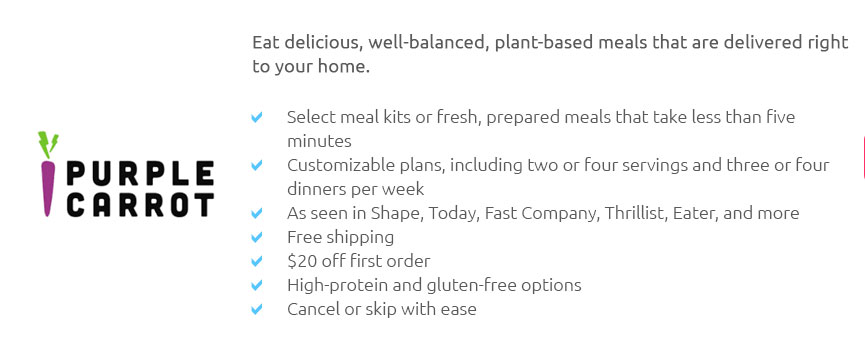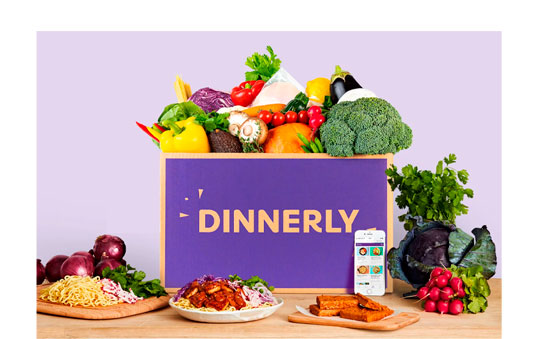 |
 |
 |
|---|
 |
|---|
 |
||||||
|---|---|---|---|---|---|---|
|
||||||
 |
 |
|||||
 |
 |
|||||
 |
 |
|||||
 |
 |
|||||
 |
 |
|||||
 |
 |
|||||
 |
 |
|||||
 |
 |
|---|
The Evolution and Impact of Food Delivery ServicesIn the contemporary world, the way we acquire our meals has undergone a significant transformation, a metamorphosis that speaks volumes about the intersection of technology and consumer behavior; food delivery services, once a novel concept reserved for the occasional pizza night, have burgeoned into a multifaceted industry that caters to a myriad of tastes and dietary preferences. From the bustling streets of New York to the serene suburbs of Tokyo, the demand for food delivery is ubiquitous, driven by an ever-increasing desire for convenience and variety; it is no longer merely about satiating hunger but about experiencing culinary diversity without stepping out of one's comfort zone. Today, food delivery is an intricate web of logistics and technology, with mobile apps at the forefront, offering users an interface that is as intuitive as it is comprehensive, allowing customers to browse through countless menus, place orders, and track deliveries in real-time. What are the benefits of such services, one might ask? Convenience tops the list; in a fast-paced society, the ability to have a meal delivered to your doorstep is nothing short of a blessing for many, especially those who juggle demanding work schedules or familial responsibilities. Moreover, food delivery opens up a realm of options that might otherwise be inaccessible, offering individuals the chance to explore and enjoy cuisines from around the globe. However, convenience is not the sole advantage; food delivery services also play a pivotal role in supporting local businesses, providing them with a platform to reach a broader audience without the overhead costs associated with expanding physical locations. This symbiotic relationship is especially beneficial for small restaurants and specialty eateries, which can leverage these platforms to thrive in competitive markets.
As we delve into the mechanics of food delivery, it's fascinating to observe how advanced algorithms and AI systems are employed to optimize delivery routes, ensuring that food arrives promptly while maintaining its quality and temperature, a testament to the remarkable synergy between technology and gastronomy. Yet, like any burgeoning industry, food delivery is not without its challenges; concerns about environmental impact, data privacy, and the fair treatment of delivery personnel are prevalent, urging stakeholders to seek sustainable and ethical solutions. In conclusion, while the food delivery sector continues to evolve, its influence on modern dining habits is undeniable, offering a plethora of benefits that cater to the diverse needs of today's consumers, and as technology advances, one can only imagine the innovative solutions that will further enhance this ever-growing industry, ensuring that the future of dining is as exciting as it is convenient.
https://www.grubhub.com/delivery/ny-nyc
Jessie says: I looooove there food my uncle took me three days ago now I'm officially hooked ! Eat Street NYC delivery. Closed ... https://www.doordash.com/?srsltid=AfmBOopORVaHf29FmRhbz0cHSDGwDM-R9sXxiY8VXunEhiDaxk2MemWd
Discover restaurants and more near you. - Become a Dasher - Become a Merchant - Get the best DoorDash experience - Everything you crave, delivered. - DashPass ... https://www.ubereats.com/city/new-york-city?srsltid=AfmBOopGatk-vez_0LSsbhyhlF1fePSSuoZbcpjv8c9PR1oPbp_EMkB3
Uber Eats makes it easy to discover new and nearby places to eat in New York. Browse tons of food delivery options, place your order, and track it by the ...
|
|---|


